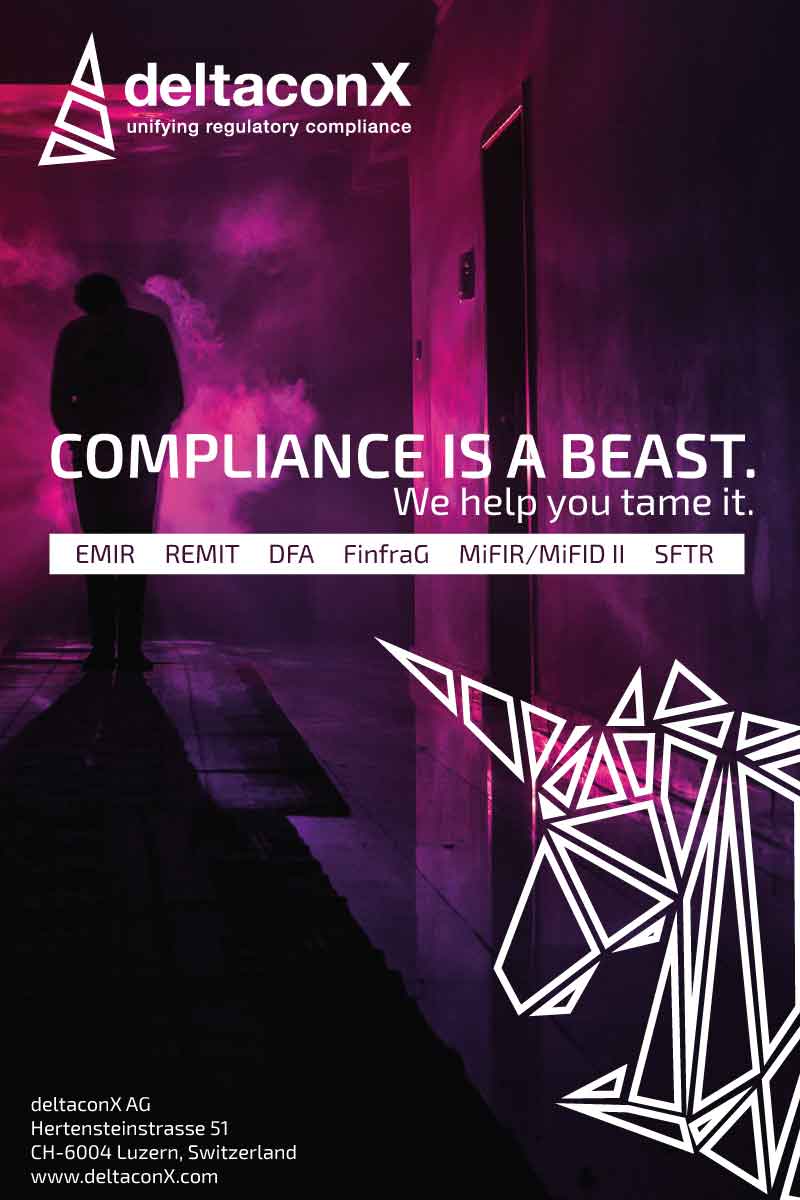Three UK regulatory authorities have sent a joint message to UK financial services companies, including cryptoasset firms, providing guidance on enforcing economic sanctions imposed in response to Russia’s invasion of Ukraine.
The Bank of England (BoE), alongside the Financial Conduct Authority (FCA) and the Office of Financial Sanctions Implementation (OFSI), emphasise that all financial services companies must play their part in ensuring compliance with the sanctions.
The sanctions regulations do not differentiate between cryptoassets and other types of financial asset — and the regulators emphasise that using cryptoassets to bypass economic sanctions is a criminal offence under the 2017 Money Laundering Regulations and the Sanctions and Money Laundering Act of 2018.
They urge all financial organisations to report any suspicion of sanctions evasion or money laundering to the UK Financial Intelligence Unit at the National Crime Agency under the Proceeds of Crime Act 2002.
When conducting business, all firms should check the FCA register (or its equivalent in the domicile where the cyptoasset firm is based) to confirm that crypoasset firms that they do business with are registered.
Firms should continue to implement controls developed under the Money Laundering Regulations of 2017 to identify customers and to monitor their transactions.
In addition, firms will also need to implement additional sanctions-specific controls as necessary. This will include looking for red-flag indicators that suggest “increased risk of sanctions evasion”. For example:
- transactions to or from a wallet address associated with a sanctioned entity, or a wallet address otherwise deemed to be high risk based on its wallet address, transaction history or other indicators.
- transactions involving a cryptoasset exchange or custodian wallet provider known to have poor customer due diligence or which, for other reasons, is deemed to be high risk.
- use of tools to obfuscate the location of a customer (for example, an IP address associated with a virtual private network or proxy) or the source of cryptoassets (for example, use of mixers and tumblers).
- other red flag indicators where it may seem that an illicit actor is attempting to make an illegal transaction appear legal.
Full guidance can be found on the OFSI website.



